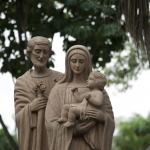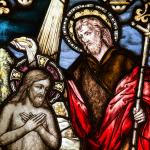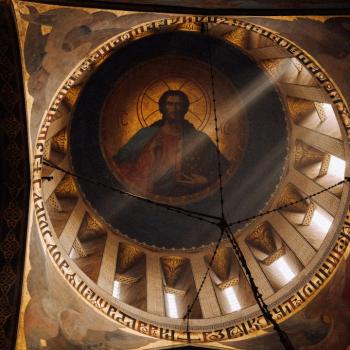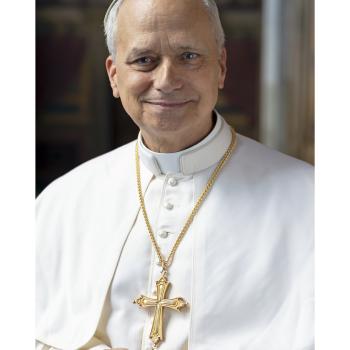What does it mean to be a pilgrim? A pilgrimage is one of the great religious experiences, common to several religious traditions. My first conscious experience of pilgrimage came when I was going to World Youth Day in Paris in 1997. I was excited about the opportunity. My friends and I had spent two years fundraising and planning so we could make the trip. I thought, “wow, this is great that we get to visit Europe while we are still in High School.” (at that point, I had no idea I would eventually live for seven years in Europe during my preparation for the priesthood). With the other young people from San Diego, we went to a commissioning mass with the bishop, who explained to us that we were going on pilgrimage. This was tremendously helpful so I could live that experience more fully and has come back to me since when I have lived and led other pilgrim journeys.
First Pilgrimage
We could consider what we see in the journey of the three wise men to be the first Christian pilgrimage. They followed a star to find the newborn King of the Jews, Jesus Christ the Lord. It was a marvelous experience, while it implied much personal sacrifice. The Three Wise Men serve as an example for Christians down through the ages about the value of a true pilgrimage. Pilgrimages can take different forms.
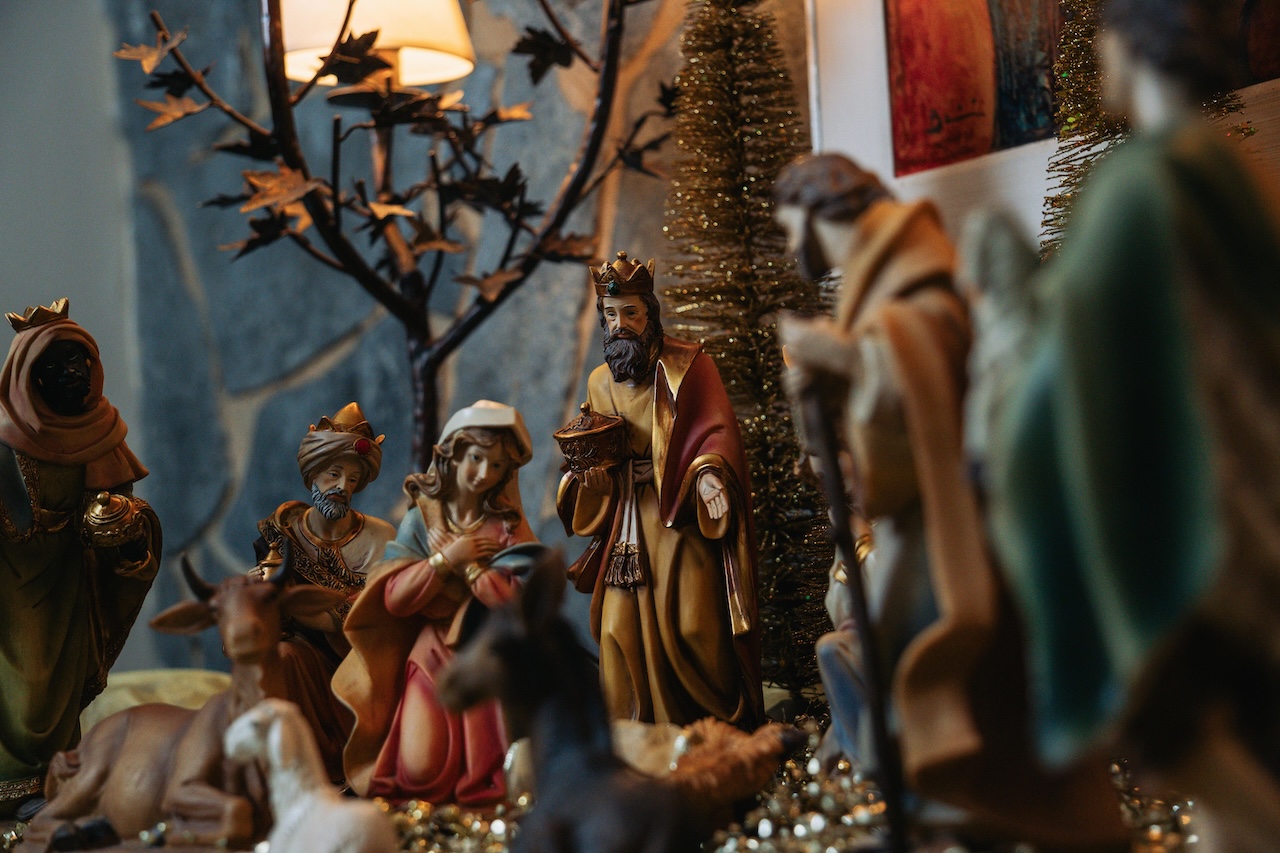
Jubilee Year
Pope Francis has called for 2025 to be a Jubilee year. This has much tradition in the history of the Church and comes from the Jewish custom of the jubilee. I think we can live this jubilee year as a special type of pilgrimage. God calls all of us to journey. We have to leave behind many things that we like and are familiar with in order to follow God’s voice and do what he is asking in our lives. This year can be for us a pilgrimage of faith.
Faith’s inner pilgrimage towards God occurs above all in prayer. Saint Augustine once said that prayer is ultimately nothing more than the realization and radicalization of our yearning for God. Instead of “yearning”, we could also translate the word as “restlessness” and say that prayer would detach us from our false security, from our being enclosed within material and visible realities, and would give us a restlessness for God and thus an openness to and concern for one another (Pope Benedict XVI, 6 January 2013)
Living the Jubilee
Are we going to spend more time this jubilee year in prayer? This feast of the Epiphany focuses our attention on the experience of the Three Wise Men. After reading the charts and determining the place and time of the Messiah’s birth, they set out on their journey. Surely, as they made their pilgrimage, they had plenty of opportunity to reflect and to pray. They were entering into the salvation history that we all play a part in as well. It is a special jubilee of faith, especially because of the anniversary of the Ecumenical Council of Nicaea.
The Council of Nicaea sought to preserve the Church’s unity, which was seriously threatened by the denial of the full divinity of Jesus Christ and hence his consubstantiality with the Father. Some three hundred bishops took part, convoked at the behest of the Emperor Constantine; their first meeting took place in the Imperial Palace on 20 May 325. After various debates, by the grace of the Spirit they unanimously approved the Creed that we still recite each Sunday at the celebration of the Eucharist (Pope Francis, Spes non confundit, 9 May 2024).
This jubilee, this pilgrimage of faith, offers us the opportunity to grow deeper in our own relationship with Christ. The Three Wise Men were rewarded at the end of their journey by finding the Christ Child. I recently heard a reflection that perhaps the crisis of faith in the Eucharist that prompted the National Eucharistic Revival was due less to a crisis of faith in the Eucharist and more a crisis of faith in Jesus Christ, whom we receive in the Eucharist.
Re-Discovering the Council of Nicaea
1700 years later, we can do our best to re-discover Christ as defined by the Council of Nicaea. We can reject the saccharine presentations of Jesus and come to know the true God-man. If we truly believe the Jesus is God and became man to save us from our sins, it would change profoundly the way we live out our faith. Take time to pray with the Creed. Maybe, it is time to open the Catechism and review the numbers that speak about Jesus Christ. If you live this jubilee year as an opportunity to grow deeper in your knowledge and love of Jesus Christ, it will be well worth the effort.
Subscribe to the newsletter to never miss an article.



